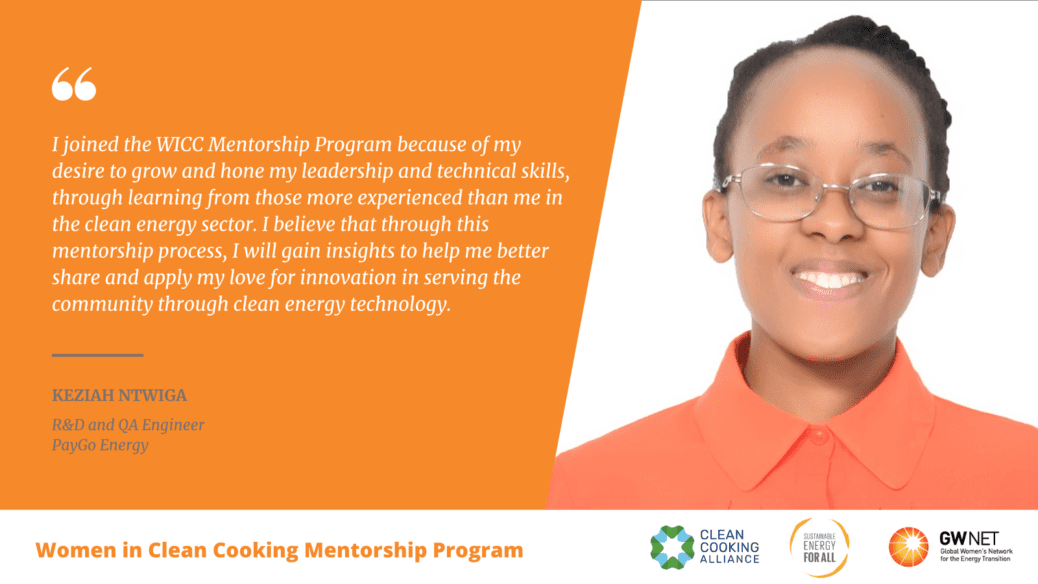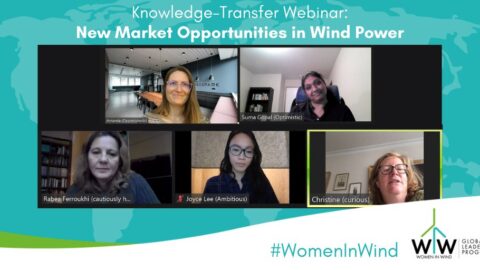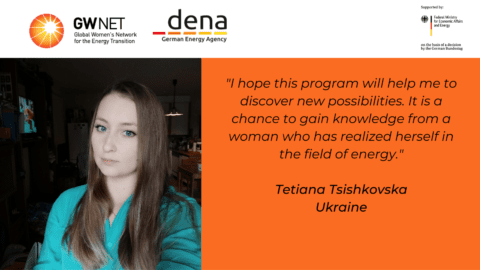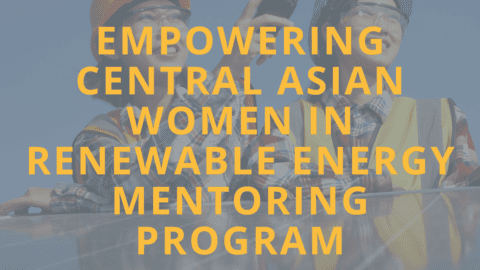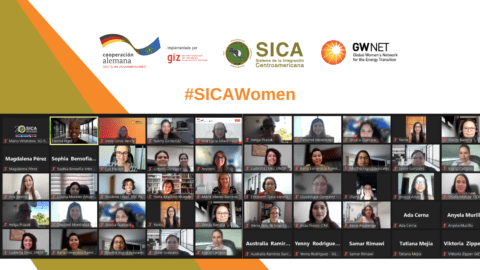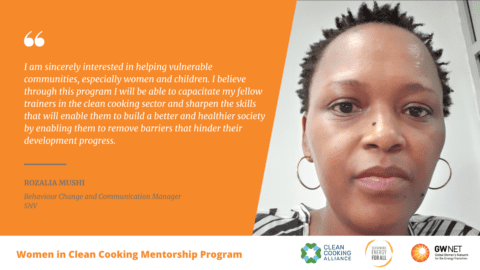GWNET brings you the 21st instalment of the “Meet the Women in Clean Cooking” series which celebrates the work and achievements of the women who are part of the Clean Cooking Mentorship Program. This program is made up of 30 mentee-mentor tandems, with mentees from over 15 countries. Meet Clean Cooking mentee, Keziah Ntwiga, R & D and QA Engineer at PayGo Energy in Kenya
1) Tell us a little about yourself. What do you love most about what you do?
I am an engineer and innovator in the energy sector. I have a background in Mechatronic Engineering and currently work as a Quality Engineer at PayGo Energy.
What I love most about my work is contributing to the quality processing and design of smart metering and tagging solutions. I receive feedback shared by the users and team and maintain the smart meters. This always offers a good opportunity to troubleshoot, learn, and see how best to improve on these solutions.
2) What were your goals when you started working in clean cooking? How have these evolved?
My main goals have been to add value to the sector and to contribute viable solutions through technology. I desire to see the healthy growth of our communities through the use of clean cooking fuels.
These goals have grown to include the application of critical aspects of quality assurance, control, and design. Up-skilling and mentoring have also become part of my goals.
3) What are the opportunities for clean cooking in your country?
The Energy Act 2019 and Petroleum Act 2019 in Kenya support the use of clean energy.
The opportunities are numerous, and this is evidenced by the number of startups in the clean energy sector in Kenya. For example, the use of LPG has been incentivized by no taxes.
The electricity connectivity in the country is also growing by the day (80+%) through on- and off-grid power sources, especially outside the main cities and towns. This has encouraged the gradual move from biomass to cleaner energy fuels. I believe with the right sensitization and incentivization initiatives, the move to use cleaner cooking fuels can be accelerated.
There is a notion that LPG gas is expensive. Given, it is not the cheapest, but from a calorific point of view, it is viable. With properly mixed LPG and quality cooking stoves, one can get value for money by the use of LPG. The smart metering solutions I work on at PayGo Energy make it even easier by enabling the users of LPG to purchase and cook based on their budget.
The concept of how pay-as-you-go technology works is still a challenge. My team and I overcome this by sensitization whenever we engage with the community.
Additionally, being technically inclined has its shares of biases from colleagues and the community too. Some unconscious assumptions and biases include skill inadequacy, under-qualification for certain roles, gender bias and colourism.
Honing my skills, staying read up, and learning consistently helps me to keep on as a leader and an innovator in the sector.
I would like to be in a position to influence policy and fund the design & development of technology throughout the clean energy value chain. I would like to explore the application of emergent technologies in improving efficiency, safety and logistics in the sector.
The WICC Mentorship Program could support me by allowing me the opportunity to meet and interact with those in the sector. This will allow me to leverage those networks and knowledge shared to propel me in achieving my goal.
6) What advice would you give to women hoping to join the clean cooking sector?
Women across the globe do most of the cooking, and so their contribution to the growth of the sector would be most useful.
I encourage them to join in no matter their background and plug into the areas they can contribute best: policymaking, marketing, R & D, prototyping and manufacturing, product design, community sensitization, logistics, sales, white paper writing, documentation and reporting, and C-Suite decision-making roles.
They should let integrity, passion, focus, empathy, grit and conscientiousness drive them in the sector.
Read more about GWNET’s mentoring programmes here.

